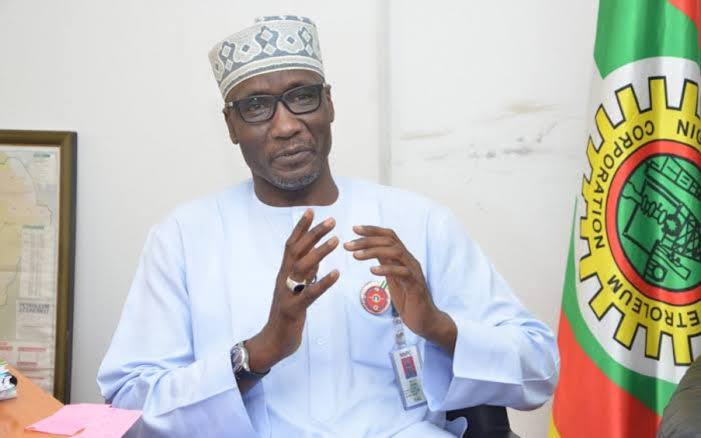NNPC Terminates Petrol Swap Contracts with Foreign Refiners

The Group Chief Executive Officer of the Nigerian National Petroleum Company (NNPC) Limited, Mallam Mele Kyari, has revealed the termination of the company’s crude-for-petrol swap deal, known as Direct Sale Direct Purchase (DSDP) contracts, with foreign refiners and consortia of traders.
Kyari revealed this during an interview with Reuters, stating that NNPC will now make cash payments for petrol imports. He also mentioned that private oil marketing companies in Nigeria may start importing petrol as early as this month.
According to Kyari, NNPC has terminated all DSDP contracts in the past four months and implemented a new process where they can pay cash for imports.
This marks the first time NNPC has announced the termination of crude swap contracts. By reducing its petrol imports and allowing private companies to handle the majority, NNPC will be able to make cash payments for its purchases.
This decision is part of a larger plan to deregulate the petrol market and alleviate the burden of subsidy payments on government finances.
Since 2016, NNPC had been importing petrol from consortiums of foreign and local trading firms and repaying them with crude oil through the DSDP contracts due to financial constraints.
Nigeria, being the largest crude producer in Africa, relies heavily on imports for its refined products after the depletion of its refineries.
The combination of a significant drop in oil production last year and high global fuel prices due to the conflict in Ukraine resulted in NNPC accumulating a higher debt to traders.
A September 2022 NNPC report to the Federation Account Allocation Committee revealed that NNPC owed the consortiums around $2 billion.
However, an industry source stated that NNPC is still allocating crude for fuel swaps for July loading, albeit in smaller quantities compared to previous months, as reported by Reuters.
Kyari emphasized that NNPC’s monopoly on petrol supplies is coming to an end, and private companies will soon begin importing petrol.
He also mentioned that Nigeria’s total crude and condensate output was at 1.56 million barrels per day (bpd) as of the previous Friday.
Nigeria has been struggling to meet its OPEC oil quota of 1.742 million bpd due to oil theft and illegal refining activities, raising concerns about meeting the supply requirements for the recently inaugurated Dangote Refinery, which has a contract with NNPC to receive 300,000 bpd.
Last week, NNPC adjusted the pump price of petrol by nearly 200 percent, raising it from N195 per litre to a range of N488 to N557 nationwide. This decision followed an announcement by Tinubu during his inaugural address, stating that fuel subsidy had been eliminated. Tinubu also promised to redirect the expected savings towards sectors such as education and health.
